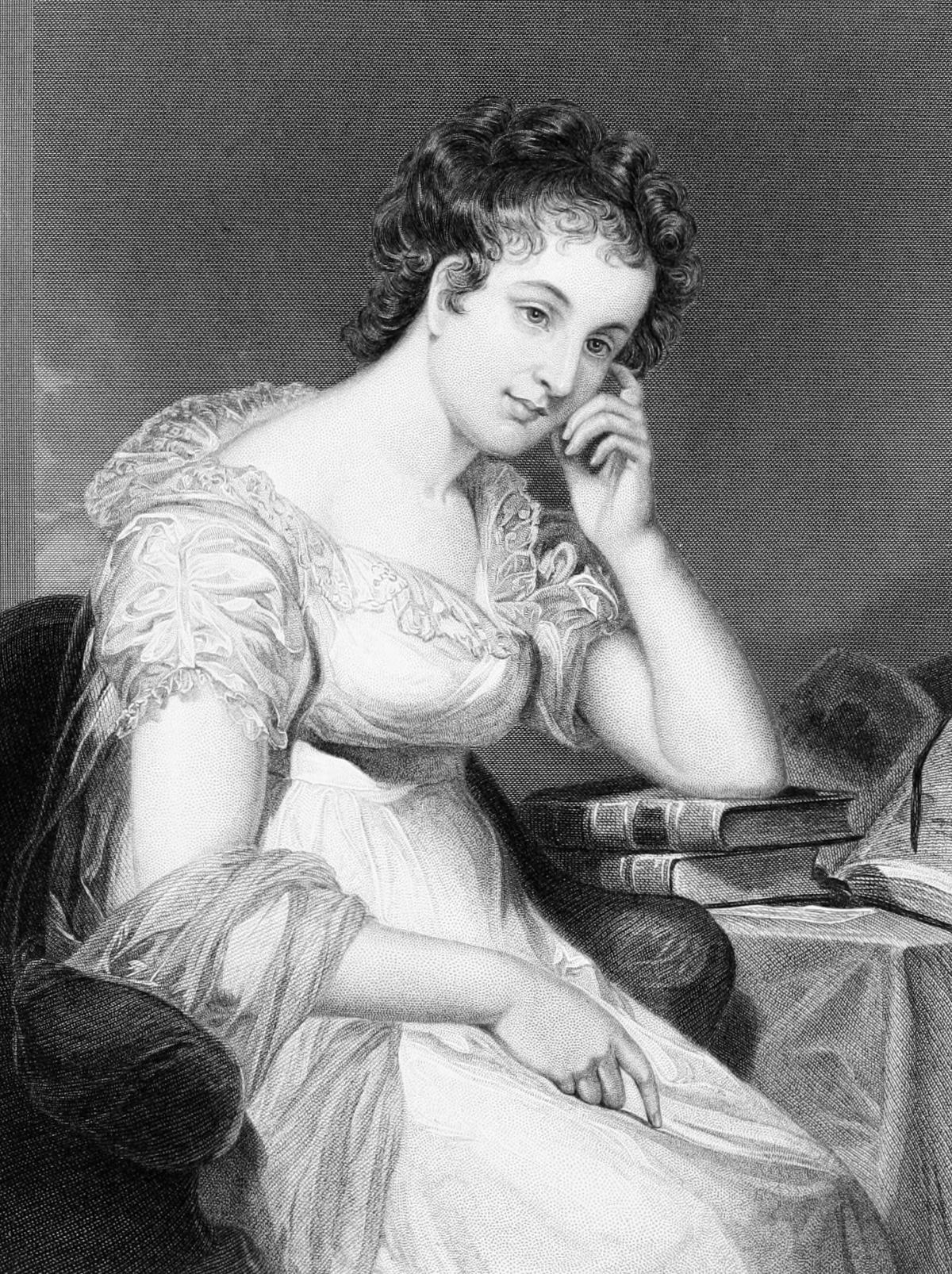Maria Edgeworth, one of the most well-known didactic writers, contributed greatly to European literature, and her work is informed by the doctrine of sin. In comparison to the other didactic strongholds found in the Victorian nursery, Edgeworth, unlike James Janeway and Mary Martha Sherwood, did not write to scare children into obedience. Edgeworth is similar to Isaac Watts in her gentle yet instructive stories that educate, thus carrying messages found in Watts's poems into fiction. Nonetheless, she maintained a reputation as an important didactic children's writer who focused on liberal education and politics as well as morality. Most significant is the lesson in each work, and this is why she retained popularity into the nineteenth and early twentieth centuries. Some of her best-known works of literature include Practical Education (1798), Castle Rackrent (1800), Belinda (1801), Helen (1834), and The Parent's Assistant (1796), which includes some of her most memorable children's stories.
Evert A. Duyckinck, Portrait of a Young Maria Edgeworth, from A Portrait Gallery of Eminent Men and Women of Europe and America with Biographies, 1872.
Maria Edgeworth is portrayed as and considered a didactic writer. She was highly educated, as seen in this image from A Portrait Gallery of Eminent Men and Women of Europe and America with Biographies; she is pictured with books under her elbow on the table. This could either symbolize her education and experience in instruction or her achievements in publishing novels and works under her name. However, not all of her work was written alone, and she received some help with other publications of hers. Her father, Richard Lovell Edgeworth, contributed to many of her other works as well, such as Patronage (1814), Practical Education (1798), and Castle Rackrent (1800).
First Edition Title Page to Practical Education, by Maria Edgeworth, 1798.
Practical Education is Maria Edgeworth's most popular work on childhood education. Written in 1798, It focuses on the idea that early childhood experiences and education create long-lasting morals and shape children into young adults. Partnering with her father, she incorporated ideas by many philosophers including John Locke and Jean-Jacques Rosseau as well as educators such as Thomas Daly and William Godwin. Edgeworth wanted to encourage hands-on learning experiences and to provide experimental learning for children to shape them into fine young adults. This is just one of her educational and instructional works for children.
F. A. Fraser, "I Shan't Spoil it; and I will Have it in my Own Hands," for "The Birthday Present," in The Parent's Assistant (1796), by Maria Edgeworth, 1891 edition.
One of her most famous works is The Parent's Assistant (1796). This book includes sixteen short stories that all include an educational lesson. "The Birthday Present" is a simple, didactic, and vividly written story about a young girl named Rosamond who must learn the tough lessons of modesty and generosity. For her spoiled cousin Bell's birthday, she attempts to make herself look better by giving her an expensive present, and she tries to make a show of her generosity but instead ends up feeling foolish. In contrast, Rosamund's sister wisely saves her money to give to one in need. This text is friendly and entertaining to kids, yet still teaches a valuable lesson.
Chris Hammond, “‘What's the Matter?' said his Mistress. 'God Bless the Boy!' said his Mother” (1897), for “Lazy Lawrence,” in The Parent’s Assistant (1796), by Maria Edgeworth, 1903 edition.
Another short story from The Parent's Assistant (1796) is "Lazy Lawrence" and is widely known as the most famous short story from this book. The protagonist, Jem, is used as an example and role model for all young children to imitate. "Lazy Lawrence" depicts high valued morals and characteristics that Jem has, such as learning to be caring, selfless, and hard-working. Jem's brightest and most valued moment in the story comes when Lawrence, the "lazy" boy, steals all of Jem's savings. Jem then shows his caring personality and visits him in jail even though Lawrence stole from him. This story shows the clear-cut difference in characters in this story with Jem, the good and caring child, contrasted with Lawrence, the "lazy" and erring child. Jem's mother stating "God bless the boy!" displays the approval of Jem's compassion and kind-heartedness, even after Lawrence's wrongdoings. Industriousness and compassion are the main themes in this story; however, in other stories, Edgeworth describes many situations that provide valuable lessons for how to grow up to be a fine young man or woman through reaching a moral high ground.





